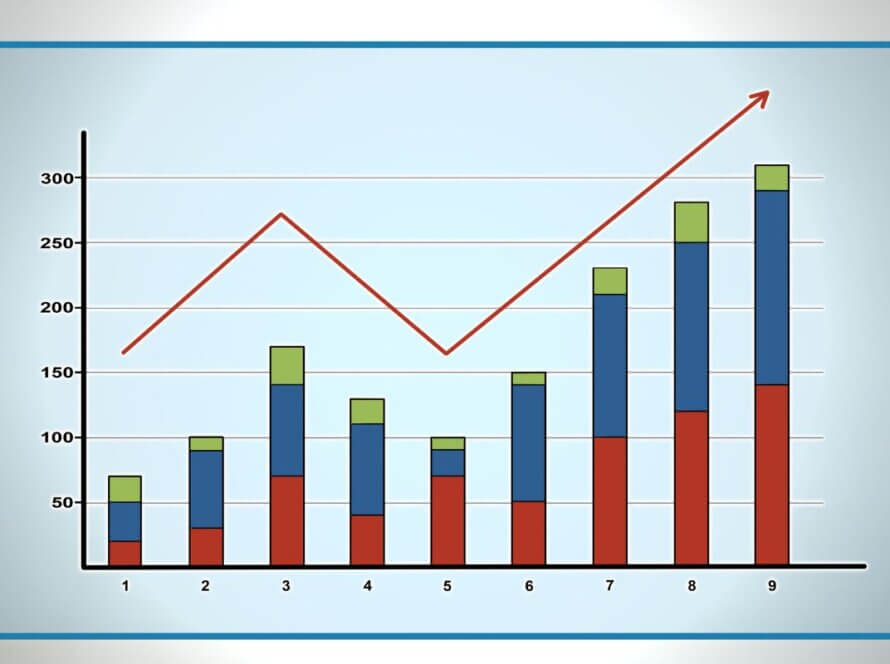Legal intake is a crucial first step in the client experience for law firms, especially when dealing with complex cases. Ensuring a smooth and efficient process can set the stage for successful case management. However, many law firms make avoidable mistakes during intake, leading to delays, errors, and client dissatisfaction. In this article, we’ll highlight common pitfalls in legal intake for complex cases and how to avoid them.
Overlooking Initial Data Collection
One of the most common mistakes in legal intake is not gathering enough information during the initial contact with a client. For complex cases, details matter. Failing to collect key data upfront can lead to incomplete case assessments and wasted time later.
Tip: Use a structured intake form that ensures you capture all necessary information, including client background, case details, and legal needs. If your team is handling multiple cases at once, an intake solution like us at PNCAI can enhance this process, reducing the chances of missing crucial information.

Failing to Assess Case Complexity Early
Complex cases often require specialized knowledge and careful evaluation from the outset. Not recognizing the complexity of a case early on can lead to misallocation of resources and delays in legal proceedings.
Tip: Implement a system to assess case complexity during the intake process. Look for key indicators that suggest the case will require more time, resources, or expertise. Having a standardized process helps ensure you can quickly assess whether the case will need special attention and plan accordingly.

Not Properly Managing Client Expectations
Managing client expectations is essential in any legal process, but it’s even more critical in complex cases. Without clear communication from the start, clients may become frustrated or confused about the process.
Tip: Be transparent about the timeline, possible outcomes, and any challenges related to the case. Regular updates and clear, honest communication can help build trust and avoid misunderstandings. Using a legal intake solution can also help keep clients informed through automated updates and reminders.
Lack of Technology Integration
In today’s digital age, relying on outdated or manual intake processes can lead to errors, inefficiencies, and slow response times. Technology can enhance the intake process, especially for complex cases that require tracking multiple data points and documents.
Tip: Invest in a robust legal intake system that integrates with your case management software. This can save time, reduce errors, and ensure that all the relevant information is stored securely and accessible when needed.

Not Following Up Promptly
Timely follow-ups are key to ensuring the intake process moves smoothly. Delays in reaching out to clients after the initial contact can lead to missed opportunities and client dissatisfaction.
Tip: Set up automated reminders or a follow-up system to ensure that no client is left waiting. By following up quickly, you not only improve the client experience but also keep your workflow moving efficiently.
Avoiding common pitfalls in legal intake for complex cases is essential to ensuring efficiency and client satisfaction. By focusing on proper data collection, assessing case complexity early, managing expectations, integrating technology, and following up promptly, law firms can set themselves up for success. Implementing solutions like the one we have at PNCAI can also upgrade the overall process, making it easier to handle complex cases without overloading your team.



